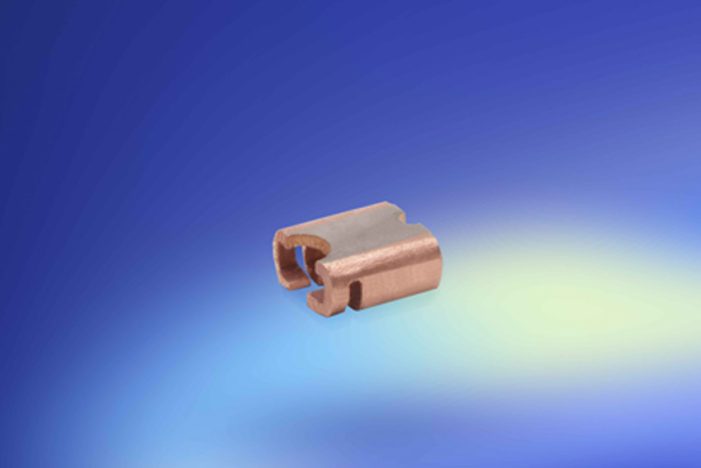Isabellenhütte has added the new BVN four-terminal resistor to its measuring resistor range. It is exceptional due to its small size of between 3.3 and 4 millimetres plus its extremely low temperature coefficient of less than 50 ppm/K. “It is difficult to produce low-ohmic resistors with values of less than 1 mOhm that also have good temperature coefficients. The BVN has achieved it – together with a size that is 25 per cent smaller than other resistors with similar performance,” confirmed Thomas Otto from the Application Management division at Isabellenhütte. The BVN can handle continuous loads of up to 100 A with a resistance value of 0.5 mOhm. Overall, it has excellent stability over long periods and is suitable for a broad temperature range between -55 and 170 °C as well as for soldering temperatures of up to 350 °C. The BVN can also be mounted on a variety of circuit boards and substrates: It can be mounted on the traditional FR4 material used in most standard applications and on DCB ceramics for high-current applications.
Small, precise, temperature independent
The BVN is suitable for numerous automobile and industrial applications: for frequency converters in drive technology and power modules in inverters, as measuring resistor in power hybrids, and for high-current applications in automobile technology. The components are ideally suited to use on ceramic substrates thanks to their excellent thermal-cycling resistance and the minimal footprint in high-current applications (control electronics, e.g. power steering). Thomas Otto explains: “Each square millimetre saved in construction equals cost savings for the manufacturer.” The BVN combines small mechanical dimensions with high measuring accuracy and low temperature dependence.
Technical specifications of the BVN:
Resistance values 0.5 mOhm | 1 mOhm
Tolerance 1/5 %
Temperature coefficient (20 – 60 °C) < 50 ppm/K
Temperature range -55 to 170 °C
Load capacity 5 W | 3 W
Inner thermal resistance < 8 K/W | < 13 K/W
Inductance < 3
Stability (nominal load) < 0.5 % (TK = 100 °C)
Deviation after 2,000 hrs. < 1.0 % (TK = 130 °C)
TK = contact point temperature


You must be logged in to post a comment Login